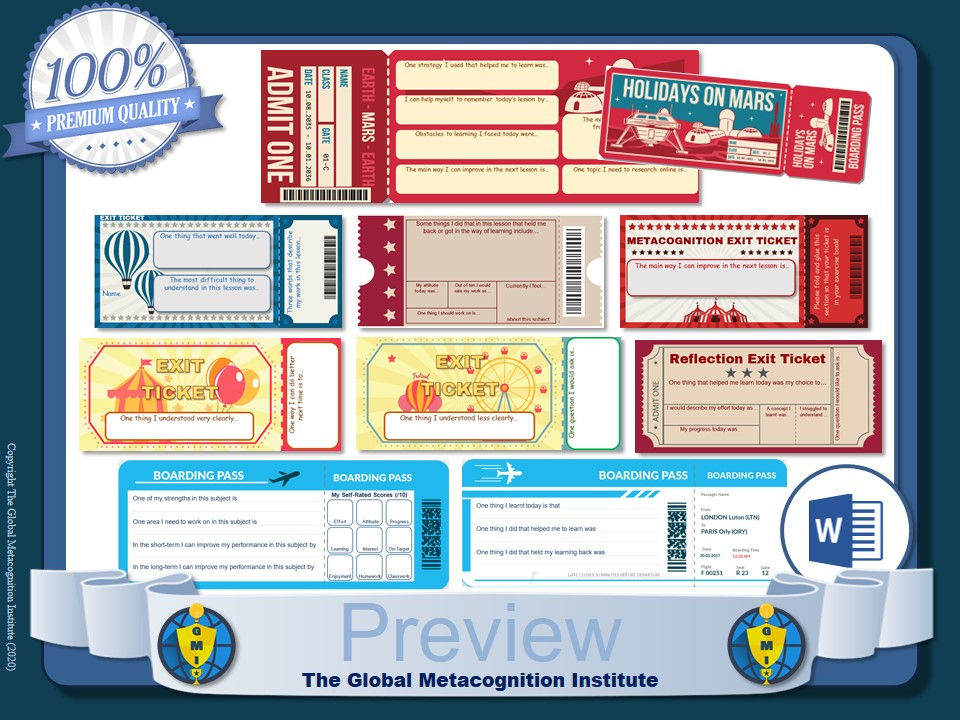A Thunk is a seemingly simple question about everyday things that stops you in your tracks and helps you start to look at the world from a new perspective. Thunks are a great way to engage Higher-Order Thinking Skills (HOTS), encourage philosophical and critical thinking and develop oracy, debating and discussions skills. Thunks can get your students thinking as soon as they enter your classroom; like most of the best philosophical questions there is usually no clear right or wrong answer to a thunk. Usually a ‘Thunk’ will seem a little silly or abstract to begin with but when students really start to think about it amazing discussions and debates follow. Thunks are a great educational tool for both lessons and form/tutor time.
We took the idea of thunks and created a teaching resource that focuses on 'Metacognitive Thunks': deep, philosophical questions about the fundamentals of learning, thought, education and knowledge. One of the goals of metacognition is to create 'Reflective Learners' (Perkins, 1992), students who monitor and regulate their learning-processes and reflect on what approaches are most effective. As discussed in this article, philosophical/epistemological enquiry is an important strategy in creating reflective learners. Check out the previews and sample slides of our 'Metacognitive Thunk Generator' below!
This download features 101 metacognitive 'thunks': mind-expanding philosophical questions designed to make students think. It also includes a randomisation feature that allows you to generate seemingly random statements that the students cannot anticipate!
Unlike other thunk or philosophical debate generators: this resource is focused entirely on matters pertaining to metacognition and learning. Example questions include:
"What is a thought made of?"
"What does the word 'intelligent' really mean?" and
"What is the difference between knowledge and belief?"
It's a highly flexible tool that allows students to practice their philosophical, critical-thinking, discussion and debating skills: teachers can experiment using different discussion formats as they see fit and practice their own questioning skills in the process.
References
Perkins, D. (1992). Smart Schools: From Training Memories to Educating Minds. Free Press.




























































留言